MELANCHOLIA. Science fiction according to von Trier
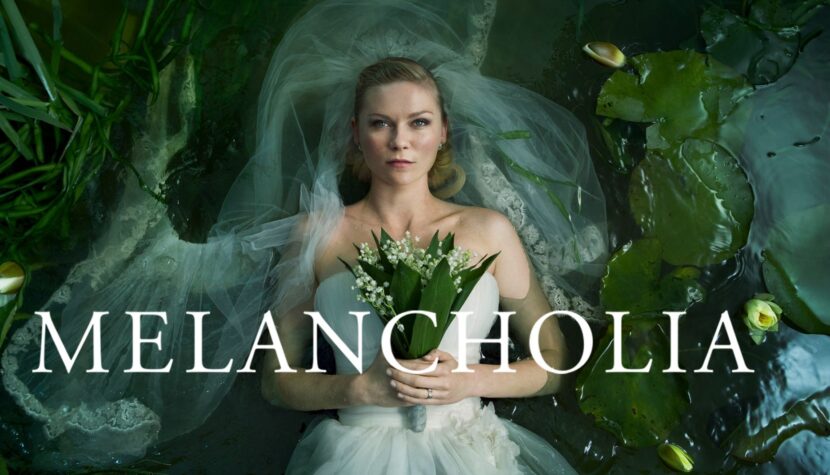
Lars von Trier is back. Although he didn’t go away for long, the journey into his own phobias was long and exhausting. During this journey, he created the controversial yet brilliant Antichrist, without which today’s Melancholia wouldn’t exist. Equally brilliant but less controversial, Melancholia is likely the culmination of the creator’s depressive states. These two films, aesthetically similar but narratively distinct, stem from entirely different experiences of the famous Dane—Nazi, anti-Semite, deviant, provocateur, and neurotic all in one.
Melancholia is all about Lars’ experience. Watching what unfolds on the screen, one cannot escape the judgment, viewpoint, imagination, dream, and hallucination of the creator. Lars’ cinema is far from escapist themes and creating alternative worlds that momentarily allow a break from painful reality. It’s a kind of intimate poem, diary, or memoir. Not by chance, Lars von Trier admires Joyce, Mann, Proust, or Dostoyevsky, who externalized themselves—phobias, hopes, views—clothing them in various forms. Ingmar Bergman, Terrence Davies, Andrei Tarkovsky, and Woody Allen followed a similar path.
Invented stories full of famous epics are not that tale, dear Ladies and Gentlemen, even though LvT’s cinematic narratives are unfortunately often mistaken for such. This confusion and misnaming things are evidence of idiotic ignorance. On one forum, words were spoken that many agreed with, but in all its leniency, I cannot comprehend this intellectual “hatred” that afflicts some (quoting: “Trier is such a cinematic (and life, by the way) boor. He guides the story and operates the image like a ruffian without hands handling a violin. Throwing images at the audience, which no one else would undertake due to their senseless, repulsive, foolish nature, is not originality. It’s an extreme creative failure”).
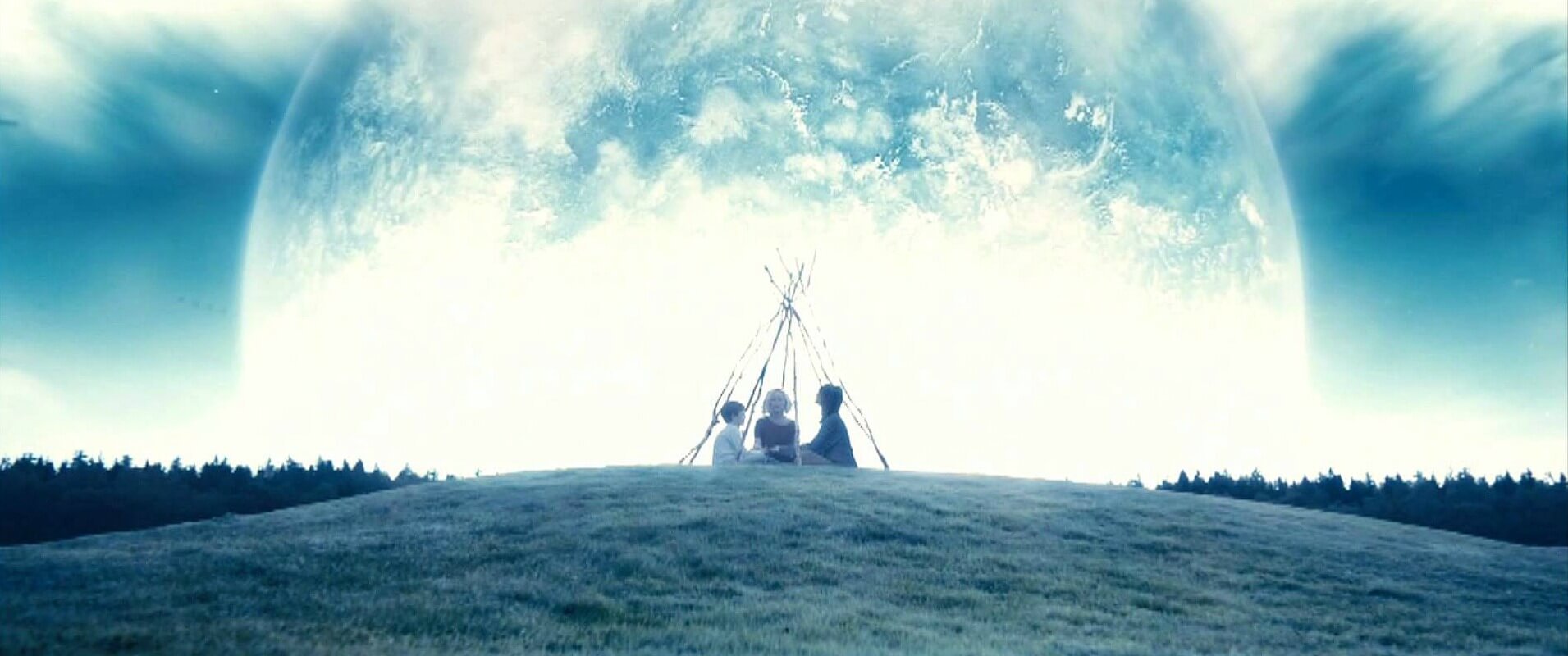
I admit that reading such arguments, I scratch my head, and I still can’t help but marvel at how easily people refuse someone—in this case, von Trier—the act of creation, although both the material and the artist demand understanding. Not necessarily liking, appreciating, or admiring, but precisely understanding. This should be such a simple habit of a viewer: if you don’t get it, try to catch it. Listen to hints, suggestions, follow paths that are clearly indicated. The interpretation of von Trier’s films, importantly, requires disregarding established tastes—his films attack with emotions, often irrational and unknown. Furthermore, his films don’t stick to cultural vacuums, eluding simplicity, and certainly cannot be judged according to personal expectations of art in general, let alone “theories” of entertainment. Mocking individual scenes, tearing them out of context, from the background, is a simple example of intellectual laziness and complete misunderstanding of what cinema can be for both the creator and, especially, for other viewers.
Without Lars’s experience, Melancholia wouldn’t be what it is. The compass here is the creator’s depression, which is its essence. While Antichrist delved into the very core of psychological breakdown, Melancholia is the art of reconciling with depression and a proposal for the most effective therapy.
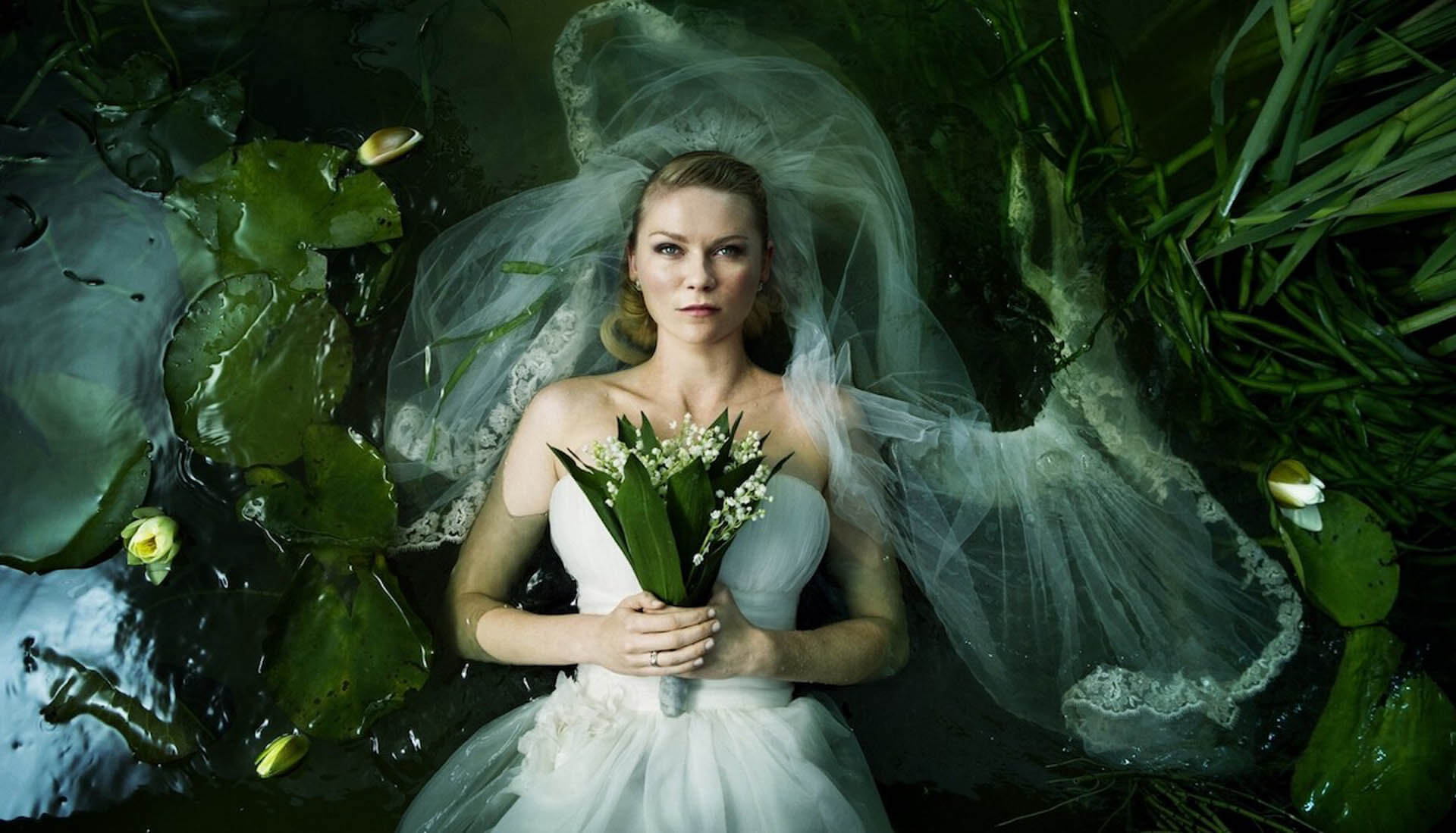
The perspective of the end of the world takes on two different forms here. The initial minutes portray an end straight from dreams, romantic visions, or perhaps a dream: frozen images of terrified characters fleeing the apocalypse, allegorical entrapment in the branches of trees, and the dance of two planets: Earth and Melancholia, culminating in a beautiful collision. The beauty of this end of the world is somewhat kitschy, certainly poetic, lofty, and majestic (Wagner’s music in the background!). Such a divine, phenomenal point of view of the END of everything, which, from a cosmic perspective, is irrelevant. Something disappears. And that’s it. It’s not just that something ceases to be essential, but more: what is essential, important, meaningful, that something never was.
One way this is illustrated, among other things, is by a short film that has been circulating the internet for years, and many of you probably know it very well.
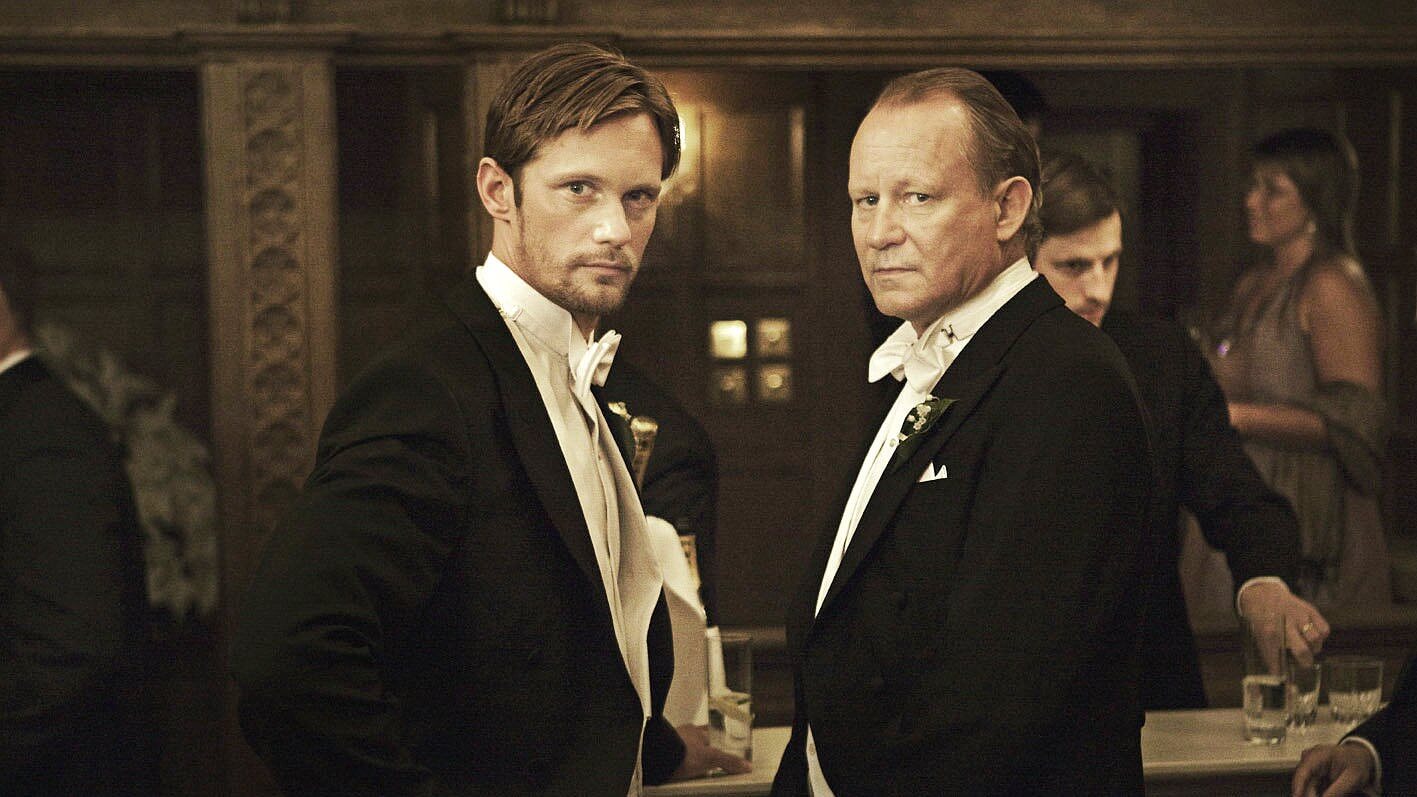
This perspective accompanies us to another end: the earthly, human end. The cosmos sets the pace for this story and the only possible conclusion. We see moments from the lives of two sisters. One of them (the excellent Kirsten Dunst – who would have expected it?!) is just getting married, just having a wedding reception, just receiving wishes from everyone, and the handsome groom proudly puffs out his chest. This event, as everyone who has ever participated in and observed wedding rituals knows, is a theater of masks, implications, and hidden secrets, which are most often carefully tucked into pockets and sometimes come to light, of course accidentally, of course unnecessarily. The family gathering troubles Justine. The ceremony is a grand convention that cannot be ignored for a simple reason: Justine likely made her choices consciously. Does the state of the end of a certain stage, the anticipation of normalcy, trigger depression in Justine? It’s difficult to judge here; psychologizing is futile, especially constructing theories based on her mental state, about which we know exactly as much as was shown, which is not much. Certainly, it is a kind of breakdown, gloom. Melancholy? Justine falls into a state where, according to the director, a longing for something unknown, unspecified, difficult to describe in any way is expressed. Melancholia is not ordinary sorrow because ordinary sorrow is expressed for something concrete, existing, named, personified. This difference illustrates what depression is, closer to melancholy – more of an anonymous, seemingly appearing from nowhere pain than a problem or illness with a visible, recognizable form.
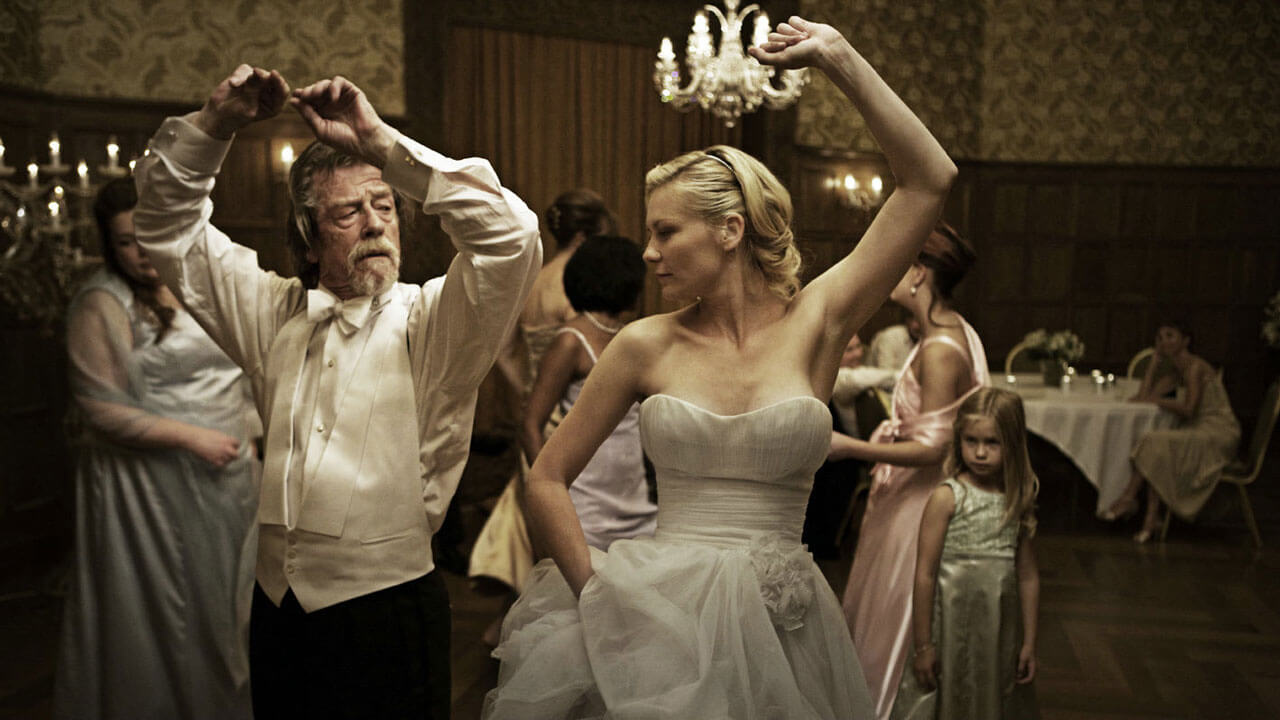
Can it be cured? Lars von Trier certainly doesn’t propose any remedy. In fact, he never held anyone’s hand, never comforted, never smiled kindly and with concern. What’s much more interesting is delving into the patient’s body and mind and staring at the face where hidden emotions are revealed. That’s why his films never had a purifying effect, never sobered minds, never showed what the audience would like to see. That’s also why von Trier is often accused of manipulation, which he intentionally practices by showing a filtered snippet of reality, contrary to expectations.
Therapy is the key to the whole story. And it’s damn ironic and honest. Not so much death foretold – after all, the end of the world will come (and this is not a spoiler). If death were liberation, melancholics would commit mass suicides. However, melancholia is a state of anticipation of the unknown, of the inevitable end, disappearance, and suicide is associated with activity and simultaneous harm to loved ones. Simple disappearance, blending into the background, without fear and sorrow, is different from Claire, Justine’s sister (equally excellent Gainsbourg), who is a sober, sensible person, firmly rooted in the world, thanks in part to her family and acceptance of rituals. The end of the world is the magnum opus of both Justine’s melancholy and Claire’s grief. Even more valuable because, thanks to the cosmic perspective, it perfectly fills and creates the void. Disappearance and the end. There is nothing. There was never anything and there will never be. Memory disappears – those who remember disappear. Everything is wiped clean.
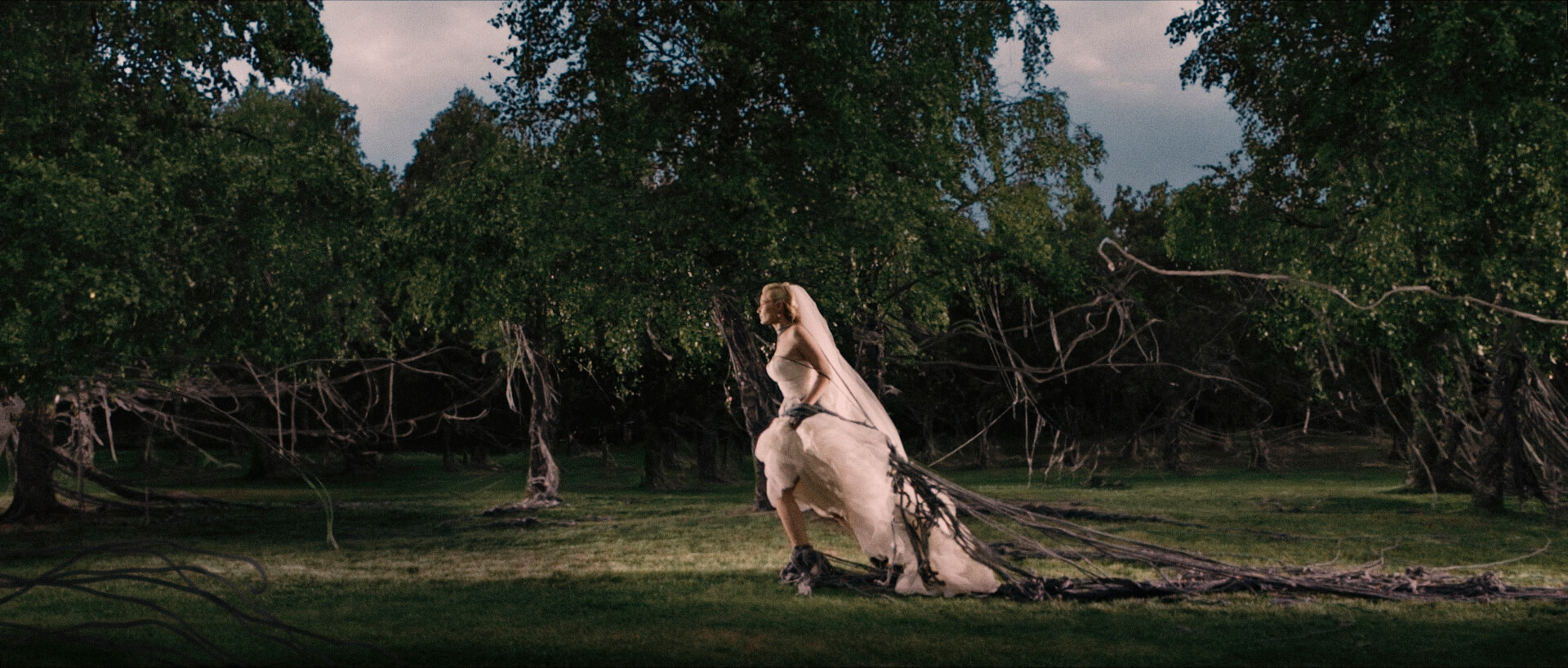
The end of the world is the most effective therapy, an ideal state. Did von Trier want to convey this vision of happiness? As usual, the question must remain unanswered because we will receive neither morals nor unequivocal answers, and LvT will certainly not provide a signpost. Melancholia is merely (and that’s a lot!) a visualization of a state of mind. Anyone who likes, appreciates, and is intrigued by the way this state is portrayed should go to the cinema. It’s classic von Trier: formally provocative, narratively controversial. Everyone else who von Trier hasn’t convinced with his films can ignore Melancholia – it’s a waste of money, a waste of nerves, and a waste of tongue-tangling on whining, complaining, and griping.

